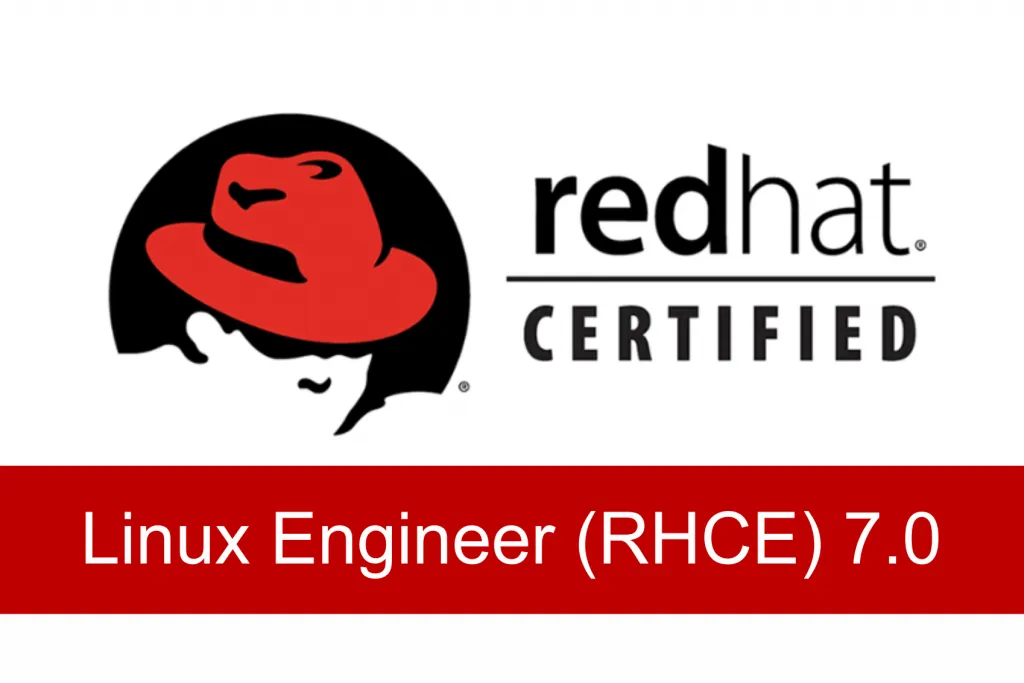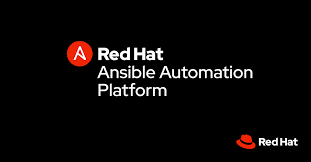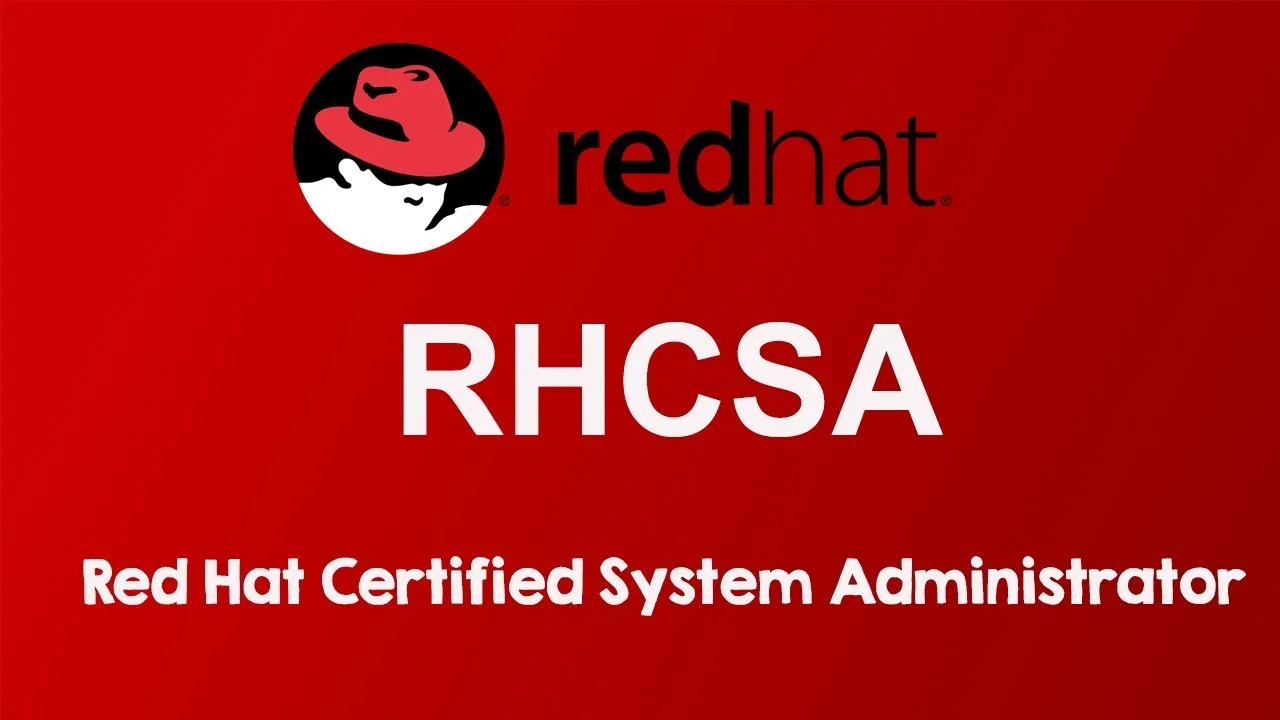The Red Hat Certified Engineer (RHCE) exam (EX294) confirms your experience in deploring and administering multiple systems using Red Hat Ansible Engine including common system administration functions Ansible.
Delegate who passes this course earns the Red Hat Certified Engineer (RHCE).
The RHCE is a Red Hat Certified System Administrator (RHCSA) is qualified to use Ansible and scripting to automate Red Hat Enterprise Linux tasks such as, integrate Red Hat emerging technologies, and apply automation for efficiency and innovation.
Audience
- Experienced Red Hat Enterprise Linux system administrators seeking validation of their skills or require a certification either by their organization.
- Students who have taken Red Hat System Administration III: Linux Automation with Ansible (RH294) and are on the path to becoming a Red Hat Certified Engineer (RHCE)
- Students who are on the path to becoming a Red Hat Certified Architect (RHCA)
- Systems administrators who want to demonstrate competency in managing multiple systems
- IT professionals who work in a DevOps environment and want to demonstrate competency in automating part of their workload
- Red Hat Certified Engineers who are noncurrent or who are about to become noncurrent and wish to recertify as RHCEs
Prerequisites
- Earn the Red Hat Certified System Administrator (RHCSA) certification. This is required in order to earn the Red Hat Certified Engineer (RHCE) certification.
- Have either taken both Red Hat System Administration I (RH124) and Red Hat System Administration II (RH134) or RHCSA Rapid Track Course (RH199), or have comparable work experience as a system administrator on Red Hat Enterprise Linux
- Have taken Red Hat System Administration III: Linux Automation with Ansible (RH294) or have comparable work experience
- Review the Red Hat Certified System Administrator (RHCSA) exam (EX200) objectives
Course Outline
- Introduce Ansible
- Deploy Ansible
- Implement playbooks
- Manage variables and facts
- Implement task control
- Deploy files to managed hosts
- Manage large projects
- Simplify playbooks with roles
- Troubleshoot Ansible
- Automate Linux administration tasks



